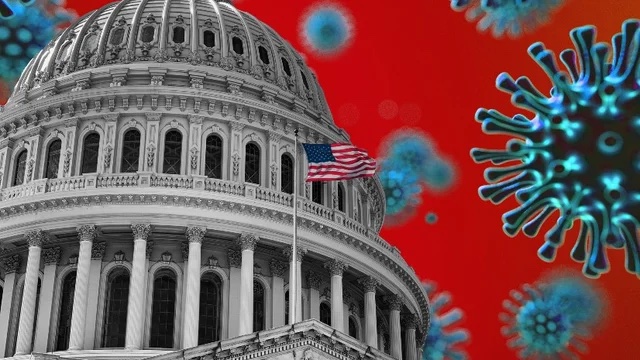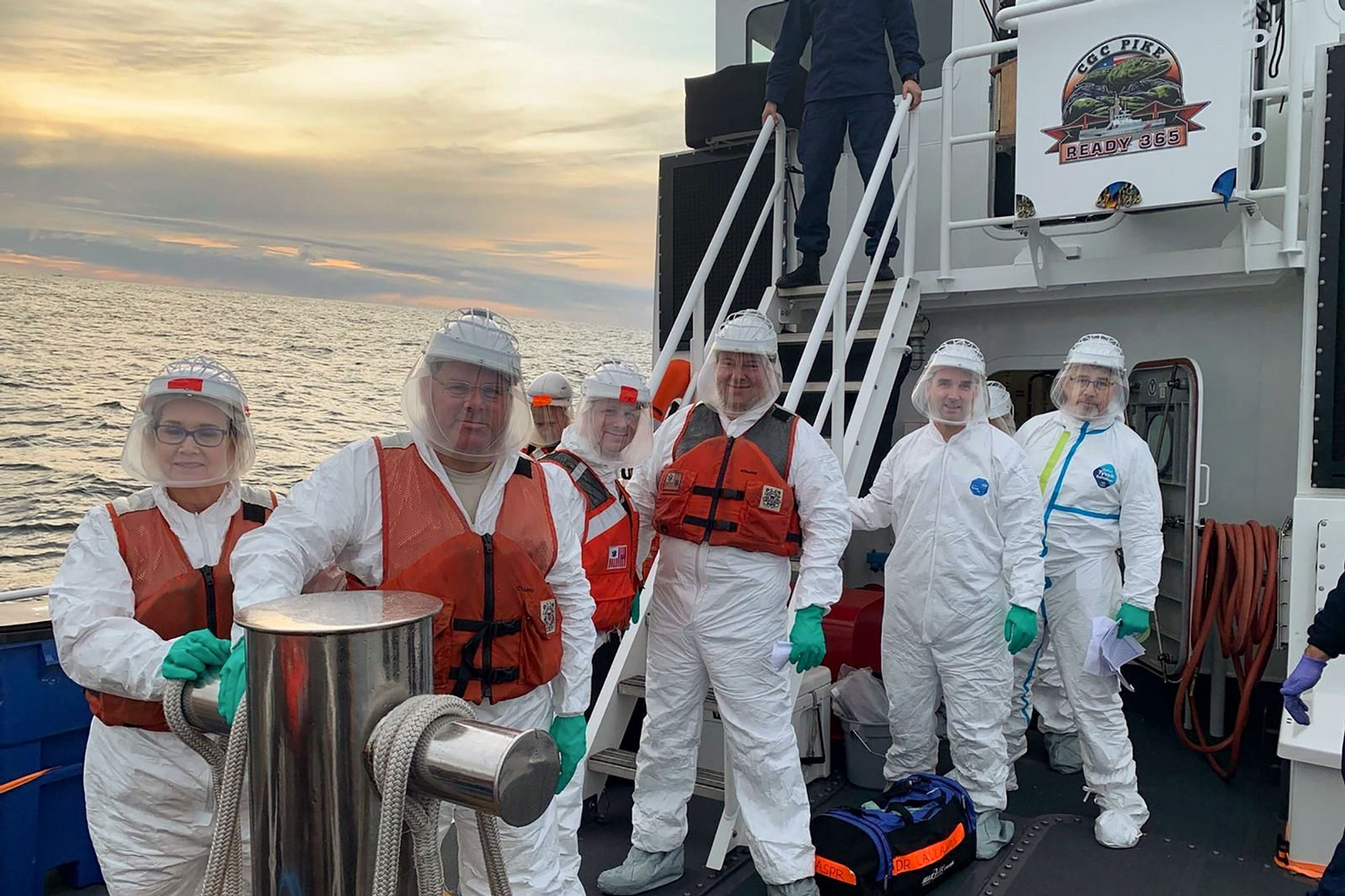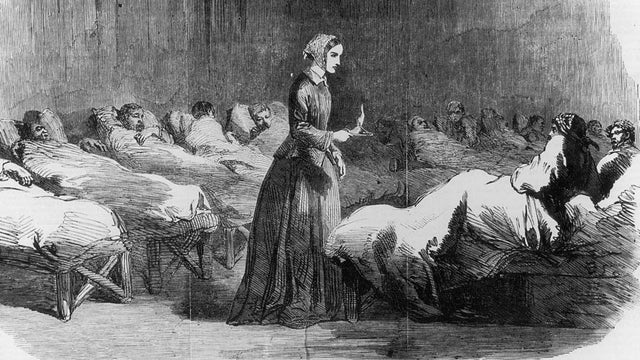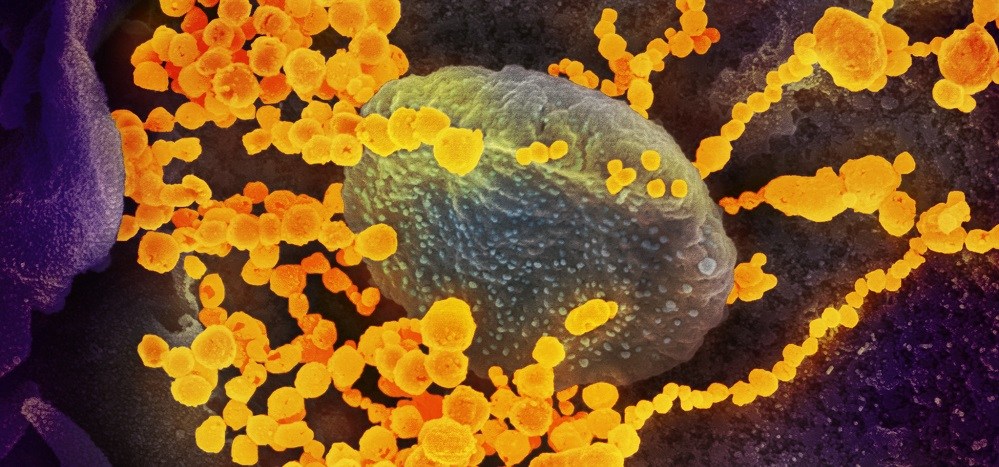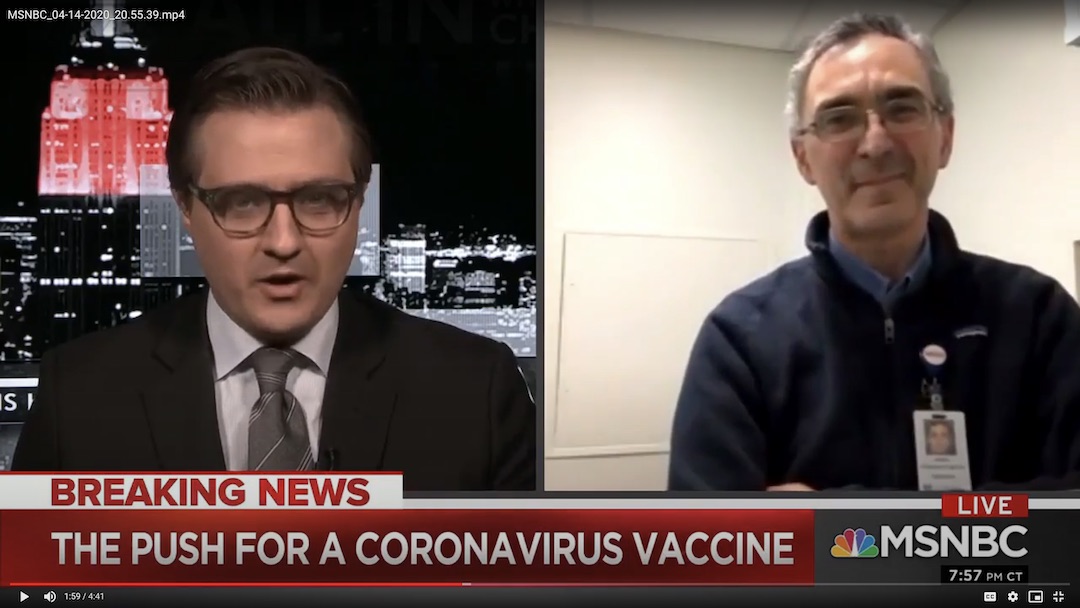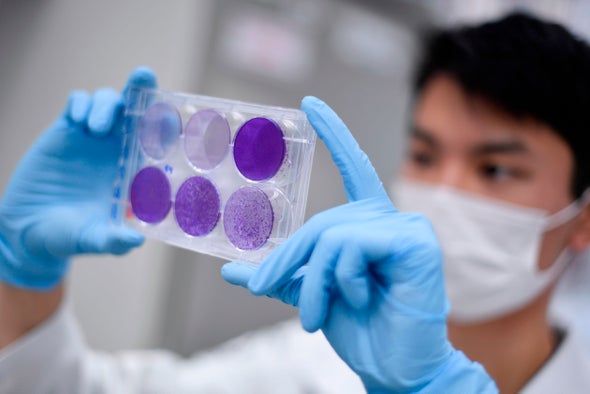Mark Poznansky, Director of VIC and Michael Callahan, Director of Clinical Translation at VIC, discuss three independent pillars the government should consider to stop fighting the last virus and develop a new strategy to counter new waves of Omicron-like variants.
IBD Patients Like Eric Prompt More Questions About COVID-19
A piece on Crohn’s written by Student intern at VIC, Eric Chen.
“I began to feel ill the night of my eighth birthday. Less than a month later, I was diagnosed with Crohn’s disease. Having just barely finished second grade, I didn’t know what this disease meant or its severity — let alone what the condition had in store for me. Since my diagnosis nearly a decade ago, I have luckily required relatively minimal treatment and experienced no subsequent flare-ups. Now, living through the COVID-19 pandemic as a high-school senior, the potential implications of the virus have caused newfound worry for me and my loved ones…”
A Virus-Hunter’s Advice on Dealing with China’s Resistance on Covid
A Politico piece authored by Michael Callahan, Director of Clinical Translation at VIC
Hardball is the wrong technique to get China to open up about the early spread of the pandemic. A successful but little-known global disease program offers a much smarter approach.
“The origins of the pandemic have huge importance to science, to medicine and to global security, but nearly two years after the first known infection, the search is stalled. The high-profile release last month of the U.S. intelligence community’s report to President Joe Biden only confirmed how little progress has been made: After a 90-day investigation, it offered two long-familiar theories. Either the virus originated from natural human exposure to an infected animal, or it escaped from a biocontainment laboratory. There was no consensus on which was more likely.
There’s a good reason we don’t know more: The government of China has consistently obscured the events around the early coronavirus outbreak and resisted providing key information to American investigators and even to the World Health Organization.
This doesn’t automatically mean China was…”
COVID-19 infections trouble ships as companies try pandemic cruising in Europe, Tahiti
Michael Callahan, MD, Director, Clinical Translation at VIC, was deployed to cruise ships to provide emergency medical help during the COVID-19 outbreak earlier in the year and is now assisting with advice on continuity of business. The cruise ship articles in the Miami Herald, of which this is the latest, prompted a WHO Working Group to reduce international spread to which Michael has been invited.
It’s not over when the vaccine arrives
Mark Poznansky interviewed for a report on Axios.com by Alison Snyder and Sam Baker
Look to the ‘Lady with the Lamp’ as we respond to COVID-19 worldwide.
Dr. Mark Poznansky and colleagues look to the example set by Florence Nightingale and today’s women heads of state for intelligent, kind and practical leadership styles.
Photo: @Getty Images
How a Mass General Vaccine Accelerator Could Play a Crucial Role in the COVID-19 Response
Mark Poznansky MD, PhD, A Steve and Deborah Gorlin MGH Research Scholar, explains his approach to developing a vaccine for COVID-19
“The current COVID-19 pandemic has demonstrated how quickly an emerging infectious disease (EID) can spread across the globe, threaten individual heath and wreak havoc on the economy and our way of lives.
Almost a decade before the current COVID-19 outbreak, Mass General investigator and Infectious Diseases Physician, Mark Poznansky, MD, PhD, received funding from the Defense Advanced Research Projects Agency (DARPA) to develop a platform for accelerated vaccine development in the event of a rapidly spreading EID.
That forward-thinking funding resulted in…”
How do we go back to work? One hospital’s procedures show the way
When can we safely return to work and our normal way of life? How do we balance the health of people individually with the health of our nation economically?
Dr. Mark Poznansky helps us find the answer in a new opinion piece for The Hill.
Dr. Mark Poznansky was interviewed live on MSNBC
Dr. Mark Poznansky was interviewed live on All in with Chris Hayes MSNBC, April 14 to discuss vaccines during the COVID-19 pandemic. Chris acknowledged that Dr. Poznansky is beginning research on a vaccine at the Vaccine and Immunotherapy Center at MGH and the discussion was based around the timeline for a vaccine and the efficacy of a vaccine before it can be used on millions of people worldwide. Dr. Poznansky also said that links with industry are crucial in order to move forward with efficacy studies and manufacturing after the initial vaccine design and noted that we are collaborating with Voltron, Inc and Hoth Therapeutics for this purpose.
Can We Really Develop a Safe, Effective Coronavirus Vaccine?
The Scientific American article makes for very interesting reading – written by William A. Haseltine a mentor of Mark Poznansky, when he was doing research in the HIV field.
“In the event of any infectious disease outbreak, our minds turn to vaccines—and they do so for good reason. They’re safe, relatively expensive and have worked well for diseases including smallpox, polio, yellow fever, and, most recently, Ebola.
Will a vaccine come as easily for the novel coronavirus? The answer is maybe yes, maybe not. The “maybe yes” comes from the observation that in animal studies, coronaviruses stimulate strong immune responses, which seem capable of knocking out the virus. Recovery from COVID-19 may be in large part due to effective immune response. The “maybe not” comes from evidence just as strong, at least with earlier SARS and MERS viruses, that natural immunity to these viruses is short-lived. In fact, some animals can be reinfected with the very same strain that caused infection in the first place…”


